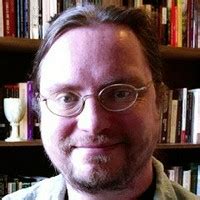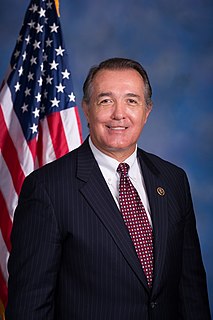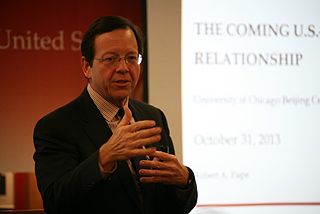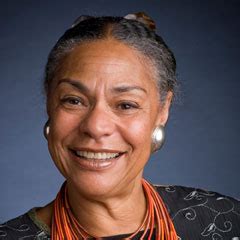A Quote by Brendan Myers
People in minority religious communities, like Paganism, often feel isolated and even marginalized by others because of the lifestyle differences associated with their spiritual path.
Related Quotes
I super strongly identify with marginalized communities. I'm not at all religious, but I feel super, super Jewish. I can't even describe the feeling, but it actually feels really similar to being gay, the kind of kinship that you feel with the LGBTQ people. That same sense of community is there with Judaism.
Religious life is not going to go away. It will take a different form. Why am I so sure it's not going to go away? Because there are people whose personalities and gifts, and interests and soul, are simply immersed in living this kind of a spiritual lifestyle. That only makes sense. If you can live an artistic lifestyle, why can't somebody live a spiritual lifestyle? We've always, in every single great tradition, had a percentage of the population that stands in the middle of us being the beacon that calls us to realize that the spiritual life is an essential part of every life.
The spiritual differs from the religious in being able to endure isolation. The rank of a spiritual person is proportionate to his strength for enduring isolation, whereas we religious people are constantly in need of 'the others,' the herd. We religious folks die, or despair, if we are not reassured by being in the assembly, of the same opinion as the congregation, and so on. But the Christianity of the New Testament is precisely related to the isolation of the spiritual man.
The greatest bulwark against an overreaching government, as tyrants know, is a religious population. That is because religious people form communities of interest adverse to government control of their lives; religious communities rely on their families and each other rather than an overarching government utilizing force.
Suicide terrorist groups are [not] religious cults isolated from the rest of their society, ... Rather, suicide terrorist organizations often command broad social support within the national communities from which they recruit, because they are seen as pursuing legitimate nationalist goals, especially liberation from foreign occupation.
For those parents from lower-class and minority communities[who] have had minimal experience in negotiating dominant, external institutions or have had negative and hostile contact with social service agencies, their initial approaches to the school are often overwhelming and difficult. Not only does the school feel like an alien environment with incomprehensible norms and structures, but the families often do not feel entitled to make demands or force disagreements.








































